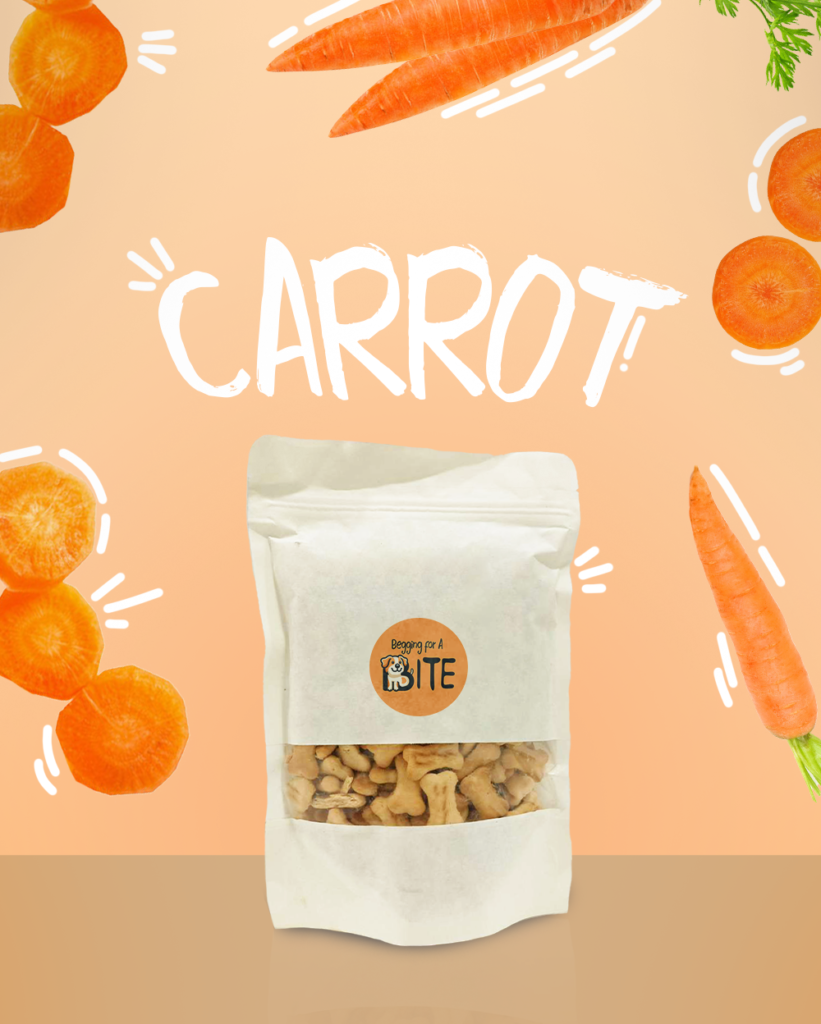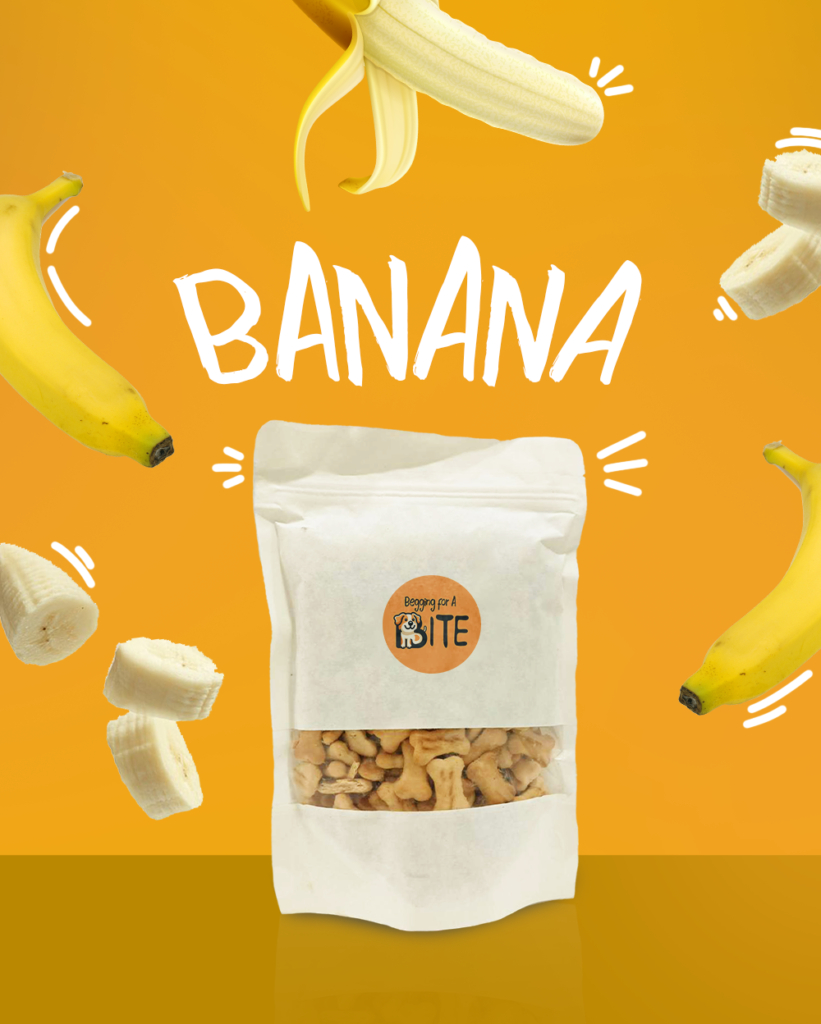Dogs have a way of making us rethink our snacking habits. If you’re anything like me, you’re constantly wondering whether your favorite munchies are safe for your furry friend. A few weeks ago, as I sat on my couch munching on a bowl of roasted makhana (fox nuts), I felt a familiar gaze on me—Maple, my ever-curious Beagle puppy, was watching me intently, her nose twitching in excitement.
I hesitated. “Can dogs eat makhana?” I thought. Rather than just relying on assumptions, I did a deep dive into research, consulted a vet, and even tried introducing it to Maple in a safe way. Here’s everything I found out.
What is Makhana, and Is It Safe for Dogs?
Makhana, also known as fox nuts or lotus seeds, is a popular superfood known for its high nutritional value. It is rich in protein, fiber, and antioxidants, making it a favorite snack among health-conscious individuals. But is it good for dogs too? The short answer is—yes, in moderation!
Veterinarians suggest that makhana is non-toxic and safe for dogs when served plain, without added salt, spices, or artificial flavorings. The light, crunchy texture makes it an enjoyable treat, and the high protein and fiber content provide some nutritional benefits. However, just like any new treat, it’s crucial to introduce it gradually and observe your dog’s reaction.
My First Attempt at Giving Maple Makhana
Curiosity got the best of me, and I decided to let Maple try a small piece of plain, dry-roasted makhana. As expected, she sniffed it skeptically at first. I could almost see her little brain working, debating whether this new, crunchy object was worth tasting. But once she took her first bite, I could see the excitement in her eyes! She wagged her tail and eagerly waited for more.
However, I knew I had to be cautious. While makhana is healthy, too much of anything can be bad for dogs. So, I stuck to the golden rule—moderation is key. Overfeeding can lead to digestive issues, and I certainly didn’t want Maple to experience any discomfort.
Health Benefits of Makhana for Dogs
After my successful experiment with Maple, I wanted to understand the actual benefits of feeding makhana to dogs. Here’s what I found:
Rich in Protein – Supports Muscle Growth and Development
Protein plays a vital role in maintaining a dog’s overall health, aiding in muscle growth, tissue repair, and energy production. While animal proteins are the primary source in a dog’s diet, plant-based proteins can also be beneficial when introduced appropriately. Makhana contains a moderate amount of plant-based protein, which can supplement your pup’s nutritional intake. While it shouldn’t replace high-quality meat-based protein sources, it can serve as a healthy, occasional treat that supports muscle maintenance and overall vitality.
High in Fiber – Aids Digestion and Prevents Constipation
Dietary fiber is crucial for healthy digestion, and makhana provides a natural source of fiber that helps regulate bowel movements in dogs. If your pup occasionally experiences constipation or irregular stools, adding a small amount of fiber-rich food like makhana can aid in digestion by promoting gut health. Additionally, fiber contributes to a feeling of fullness, which can be beneficial for dogs on a controlled diet. However, excessive fiber intake can lead to bloating or loose stools, so moderation is key.
Low in Calories – A Weight-Friendly Snack
Obesity is a growing concern in dogs, leading to health issues such as diabetes, joint problems, and cardiovascular conditions. Makhana is naturally low in calories and fat, making it a great alternative to store-bought processed dog treats that are often loaded with artificial ingredients and unhealthy fats. By offering plain roasted makhana in small portions, you can provide a satisfying crunch without the guilt of extra calories, helping your furry friend maintain a healthy weight.
Packed with Antioxidants – Boosts Immunity and Reduces Inflammation
Makhana is rich in antioxidants, particularly flavonoids, which play a crucial role in fighting oxidative stress in the body. Oxidative stress can lead to cell damage and increase the risk of chronic diseases in both humans and dogs. By incorporating antioxidant-rich foods into your dog’s diet, you help strengthen their immune system, enhance their body’s ability to fight infections, and reduce inflammation. This can be especially beneficial for older dogs or those prone to joint issues and arthritis.
Good for Heart Health – Supports Cardiovascular Function
Magnesium and potassium are two essential minerals that contribute to heart health, and makhana happens to be a natural source of both. Magnesium helps regulate muscle and nerve functions, including maintaining a steady heartbeat, while potassium supports proper heart function and fluid balance. Offering makhana as an occasional snack can provide these essential minerals, contributing to overall cardiovascular wellness in dogs. However, always ensure that makhana is given in its plain, unseasoned form to avoid harmful additives like salt or spices.
Naturally Gluten-Free and Non-Allergenic – Ideal for Sensitive Dogs
Many commercial dog treats and snacks contain gluten, which can be problematic for dogs with food sensitivities or allergies. Makhana is naturally gluten-free, making it a safer alternative for dogs who experience digestive discomfort, skin irritations, or allergic reactions to wheat-based products. Its light texture and easy digestibility make it an excellent choice for pups with sensitive stomachs, allowing them to enjoy a crunchy, nutritious snack without the risk of common allergens.
How to Serve Makhana to Your Dog Safely
Now that we know makhana is safe for dogs, the next step is to learn how to serve it properly. Here are a few tips that worked for Maple:
Keep It Plain and Simple
Never serve makhana with added salt, masala, or ghee. Spices and seasonings can be harmful to dogs, so always opt for plain, dry-roasted fox nuts.
Start Small
Whenever introducing a new food, always start with a tiny portion. I initially gave Maple just one piece and observed her for any signs of allergies or digestive discomfort.
Roast for Better Crunch
While raw makhana is also safe, lightly roasting it enhances its crunchiness, making it a more enjoyable treat for dogs.
Mix with Other Healthy Treats
You can mix a few makhana pieces with your dog’s kibble or homemade treats for added texture and nutrition.
Limit the Quantity
Too much fiber can lead to digestive issues. For small breeds like Maple, 3-4 pieces occasionally are more than enough. For larger dogs, you can go up to 6-7 pieces.
Ensure Freshness
Always store makhana in an airtight container. Stale or rancid makhana can be harmful and cause stomach upset in dogs.
Alternatives to Makhana for Dogs
Not all dogs have the same taste preferences, and some might not take a liking to makhana. If your pup isn’t a fan or if you prefer to rotate between different healthy treats, here are some great alternatives that provide essential nutrients while keeping snack time exciting.
Pumpkin Seeds – A Fiber-Rich Superfood for Digestion
Pumpkin seeds, also known as pepitas, are an excellent natural source of fiber, which helps regulate digestion and prevent constipation in dogs. They are also rich in antioxidants, omega-3 fatty acids, and essential minerals like zinc and magnesium. Additionally, pumpkin seeds have natural anti-parasitic properties, which may help in keeping intestinal worms at bay. When feeding them to your dog, ensure they are plain, unsalted, and either roasted or ground for easier digestion.
For an even greater digestive boost, try Prebiotic ProTopper from Beggin For A Bite. Packed with gut-friendly prebiotics and essential nutrients, it works alongside pumpkin to support digestion, enhance nutrient absorption, and promote a healthier coat and skin. Simply sprinkle it over your pet’s food for a tasty and effective way to keep their tummy happy and their health thriving!
Carrot Sticks – A Crunchy, Low-Calorie Vitamin Boost
Carrots are a fantastic low-calorie snack loaded with vitamins A, C, and K, which support eye health, immune function, and strong bones. Their natural crunchiness also helps clean your dog’s teeth, reducing plaque buildup and promoting better oral hygiene. You can serve carrots raw for a satisfying chew or steam them lightly to make them softer for puppies or senior dogs. Either way, they make for a nutritious and delicious treat.
For an easy and effective way to incorporate the benefits of carrots into your pet’s diet, try “Carrot Brat for Dogs and Cats” from Beggin For A Bite. Specially crafted to provide maximum nutrition and irresistible flavor, Carrot Brat delivers all the goodness of carrots in a convenient, pet-approved form. Whether used as a snack or meal topper, it’s a delicious and healthy way to keep your furry friend happy and thriving!
Cucumber Slices – Hydrating and Refreshing
Cucumbers are a great choice for dogs, especially during hot summer days. Composed of about 95% water, cucumbers help keep dogs hydrated while being incredibly low in calories. They also contain vitamins K and C, along with antioxidants that support overall health. If your dog enjoys a light, refreshing crunch, cucumber slices make for a perfect cooling snack. Just be sure to remove any large seeds to prevent choking hazards.
Plain Popcorn – A Fun, Airy Treat for Crunch Lovers
If your dog enjoys a light, crunchy snack, air-popped popcorn can be a safe and fun option. Plain popcorn—without butter, salt, or artificial flavors—is low in calories and contains small amounts of fiber and antioxidants. However, it’s important to serve it in moderation and ensure that all kernels are fully popped, as unpopped ones can be a choking hazard or cause dental issues. Always keep popcorn simple and free from seasonings to make it safe for your furry friend.
Apple Slices – A Sweet, Vitamin-Rich Delight
Apples are packed with essential nutrients like vitamin C, fiber, and antioxidants, making them a fantastic fruit-based snack for dogs. They also contain natural sweetness, making them a great alternative to processed dog treats. However, always remove the seeds and core before feeding, as apple seeds contain cyanide, which can be harmful to dogs. A few thinly sliced pieces make for a healthy, refreshing snack that supports digestion and immunity.
Sweet Potato Chews – A Nutritious and Tasty Option
Sweet potatoes are loaded with essential vitamins like vitamin A, which promotes good vision and skin health, as well as dietary fiber that aids digestion. You can slice them into thin pieces and bake them at a low temperature to create homemade, chewy treats that dogs love. Unlike store-bought treats that may contain artificial additives, sweet potato chews are an all-natural, nutrient-dense alternative that provides both taste and health benefits.
By incorporating a variety of these healthy snacks into your dog’s diet, you can ensure they receive a diverse range of nutrients while keeping treat time exciting and wholesome. Always introduce new foods gradually and observe your pup for any signs of allergies or digestive issues.
Final Verdict: Should You Feed Your Dog Makhana?
Yes, dogs can eat makhana, and it can be a healthy, low-calorie treat when given in moderation. As Maple’s mom, I love experimenting with safe, nutritious treats, and makhana has been a great addition to our treat list. But always remember to introduce new foods slowly and check for any adverse reactions.
I’d love to hear from fellow pet parents! Have you ever given makhana to your dog? How did they react? Share your experiences in the comments!
Stay tuned for my next post, where I’ll be sharing a homemade supaw safe snack recipe that your furry friend will absolutely love!. Till then follow me on Instagram @maplicious1602 and @maple_thewoofvuitton.
FAQs About Dogs and Makhana
Yes, but in very small quantities. Their digestive systems are more delicate, so always introduce new foods gradually.
A few times a week as an occasional treat is fine, but it should never replace their main diet.
Though rare, some dogs may be allergic. Always monitor for symptoms like itching, rashes, or upset stomachs.
No, always stick to plain, unsalted makhana. Flavored versions often contain spices and preservatives that can be harmful to dogs.




